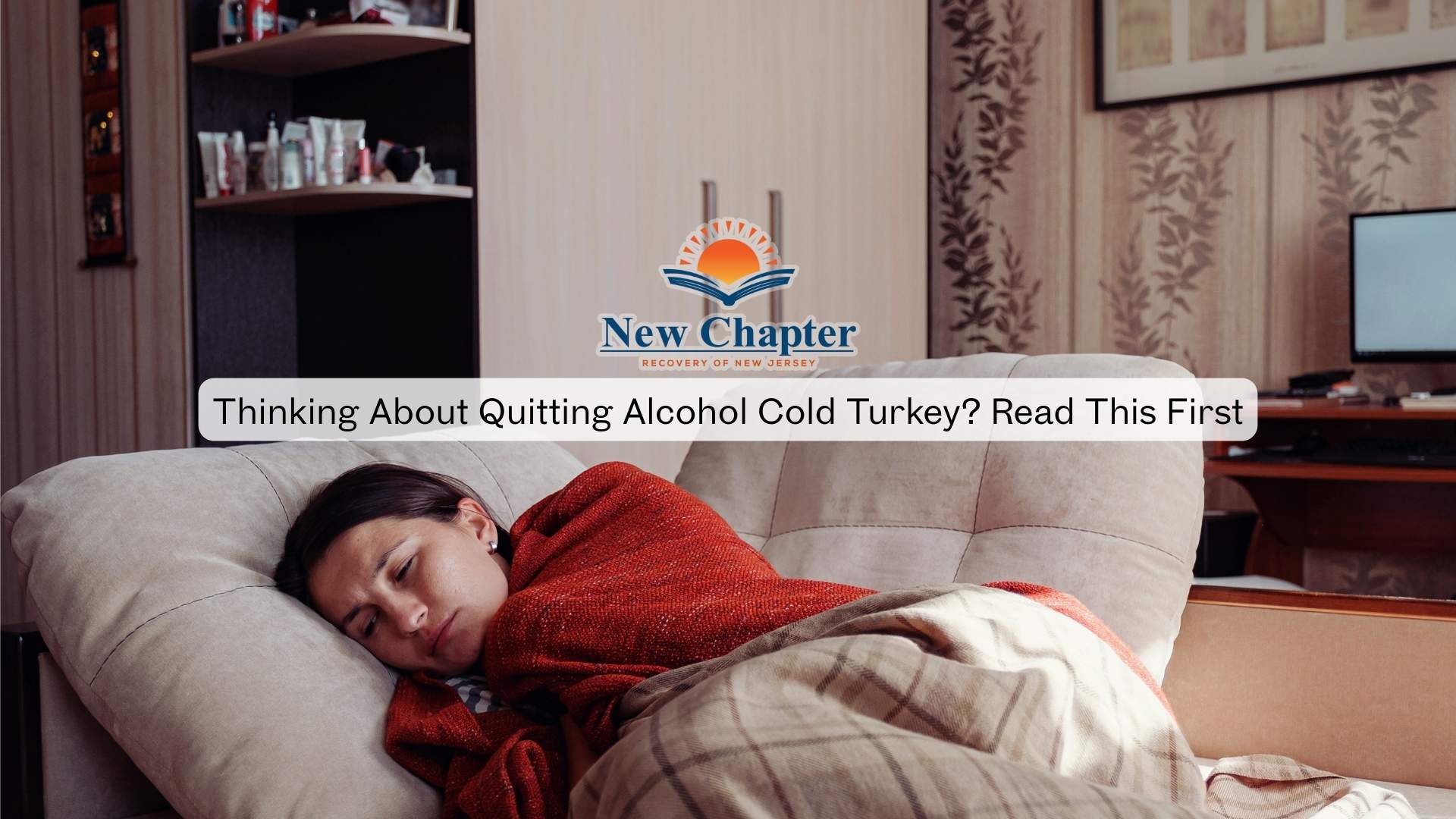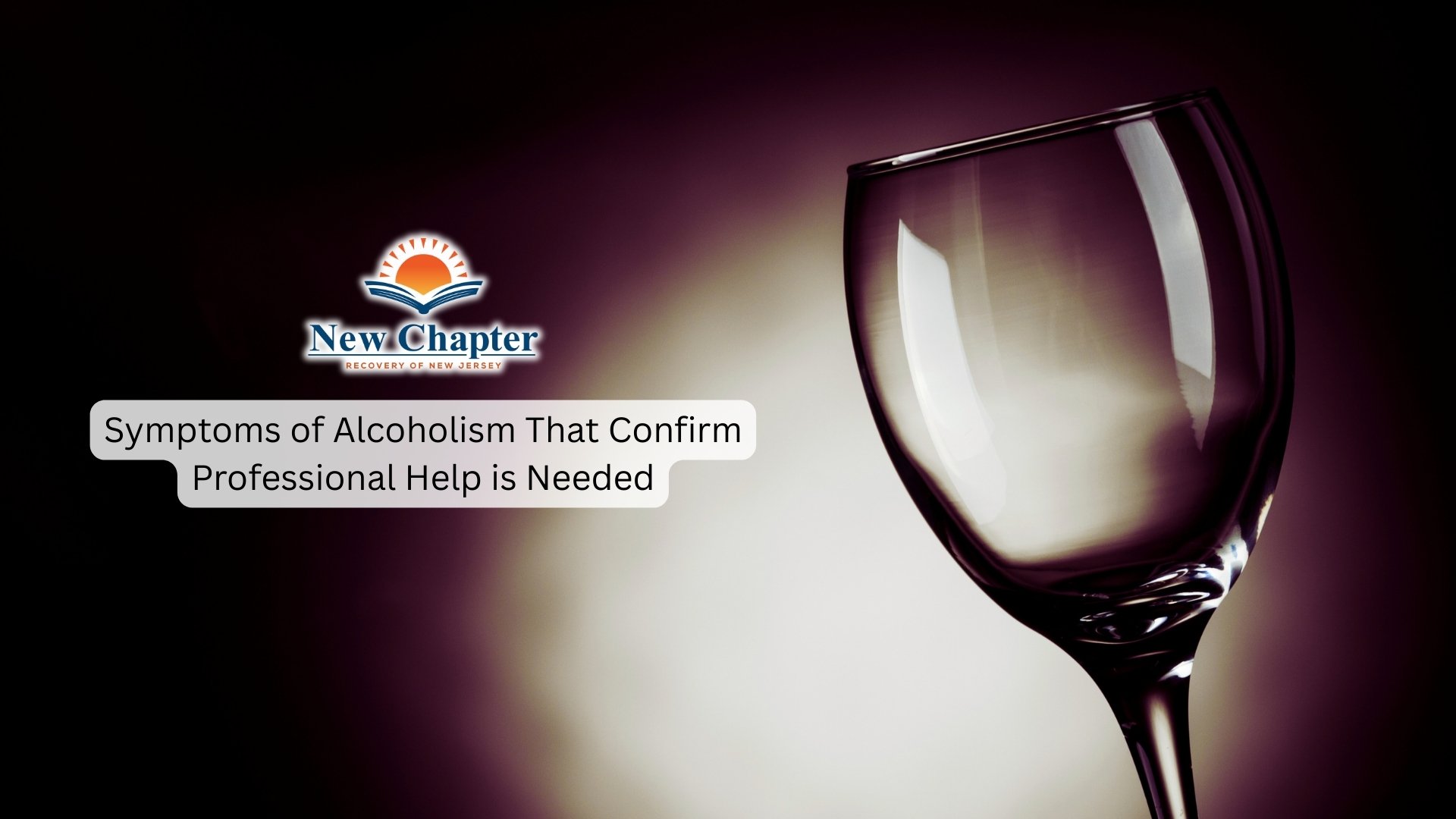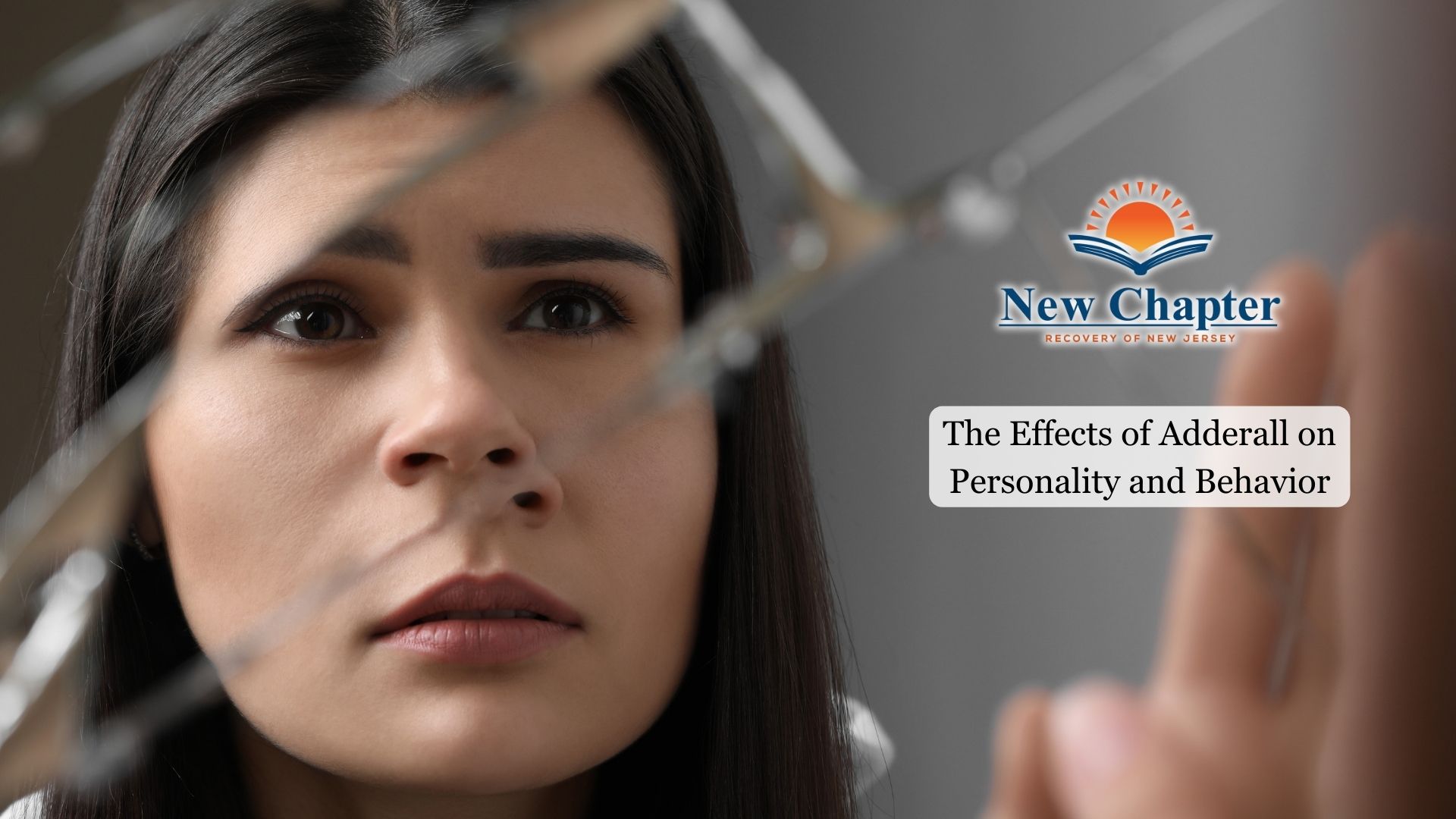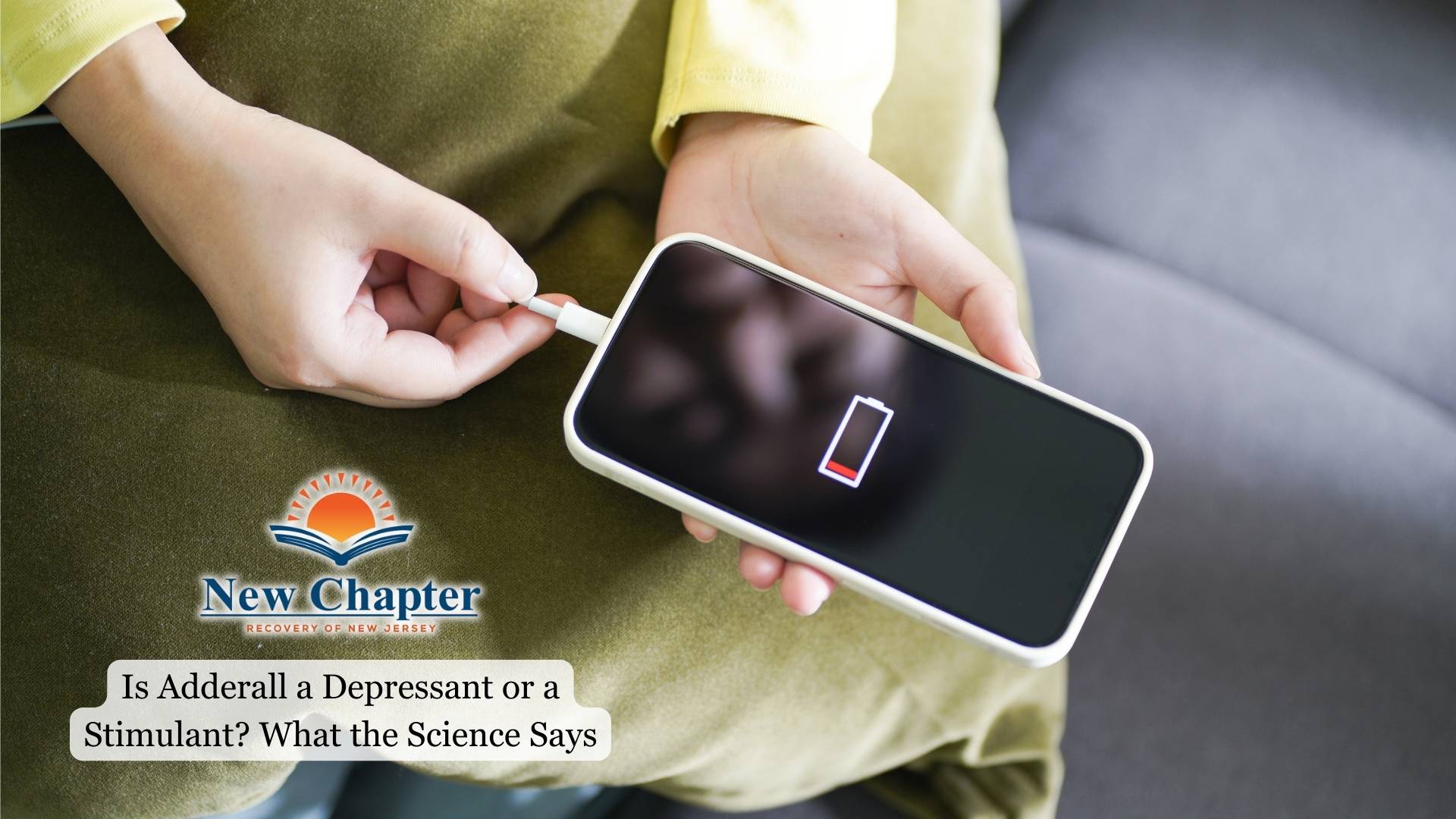Outpatient addiction treatment provides a variety of choices that enable people to get professional assistance while still fulfilling their daily obligations and maintaining ties to their support networks. These programs have different levels of intensity and organization, offering personalized care that can be adjusted to fit the specific requirements and situations of each individual in recovery.
As we explore the available outpatient addiction treatment options, we’ll take a closer look at the different program types, their key components, and the benefits they provide in supporting long-term recovery.

Types of Outpatient Addiction Treatment Programs
These are the types of outpatient addiction treatment programs you can choose from when in need of flexible support:
Partial Hospitalization Program (PHP)
Partial Hospitalization Programs (PHPs) offer a more intensive level of care for individuals battling addiction, bridging the gap between inpatient treatment and traditional outpatient services.
You’ll attend treatment five to seven days a week, participating in a variety of therapy sessions designed to address your specific needs and challenges related to substance use disorders. These sessions may include individual counseling, group therapy, and educational classes that focus on developing coping strategies and essential life skills.
You’ll benefit from medical supervision and support for co-occurring mental health issues, ensuring that you receive the holistic care necessary for sustainable recovery. As you progress through the program, you’ll gain the tools and confidence needed to transition to less intensive outpatient treatment programs and reintegrate into your community.
Intensive Outpatient Program (IOP)
Intensive Outpatient Programs are designed for individuals with mild to moderate substance use disorders who benefit from a structured approach to recovery while maintaining their daily responsibilities. You’ll typically attend therapy sessions three to five days per week, focusing on relapse prevention, coping strategies, and skill-building activities.
These programs incorporate a combination of individual counseling and group therapy to help you navigate the challenges of early recovery. IOPs often last several weeks to months, depending on your progress and treatment goals, with an emphasis on measurable milestones to track your recovery journey. The flexibility and supportive environment of IOPs make them a practical choice for many people, and understanding how intensive outpatient programs work for addiction can provide even greater clarity when considering your treatment options.
Standard Outpatient Program
Standard outpatient rehab programs typically involve weekly therapy sessions, providing a balance between receiving substance abuse treatment and managing your other responsibilities.
You’ll engage in individual counseling and group therapy, which emphasize peer support and sharing experiences with others in recovery.
Standard outpatient programs are well-suited for those with milder addiction issues or individuals transitioning from more intensive levels of care.
While the frequency of contact with healthcare professionals is lower compared to intensive outpatient programs, the effectiveness of treatment can be similar to inpatient options for many people.
As a plus, standard outpatient programs are generally more affordable than inpatient treatment, with costs ranging from $2,000 to $5,500 for a 1-3 month program.
Components of Outpatient Treatment
Outpatient programs often include individual therapy sessions, allowing clients to work one-on-one with trained therapists to explore personal issues and develop coping strategies. Group therapy is another essential component, providing a supportive environment for sharing experiences and learning from peers. Many outpatient programs also incorporate family therapy to heal relationships and build a strong support system.
For those who require pharmacological support in their recovery journey, medication management may be offered. Additionally, psychoeducation sessions are common, helping clients understand addiction and its effects on the brain and body.
Some programs may include holistic approaches such as mindfulness training, yoga, or art therapy to promote overall well-being. Skill-building workshops focusing on relapse prevention, stress management, and life skills are often part of the curriculum.
Many outpatient programs also encourage participation in 12-step or other support groups to foster ongoing community support beyond the treatment setting.

Benefits of Outpatient Rehab
You’ll benefit from the flexibility to maintain work and family commitments while receiving structured support.
Outpatient treatment is often more cost-effective than inpatient programs because it doesn’t include expenses for lodging and meals. This increased affordability makes treatment accessible to a wider range of people, including those with restricted insurance coverage or limited financial resources.
Patients in outpatient programs can immediately apply the coping strategies and recovery skills they learn to real-life situations. This real-world practice, combined with continuous support, helps build confidence in maintaining sobriety.
Outpatient treatment allows individuals to maintain connections with their support network of family and friends. Many programs encourage family involvement through counseling sessions and educational workshops, which can improve long-term recovery prospects.
Outpatient programs often provide a continuum of care, allowing patients to transition between different levels of intensity as their needs change. This can include stepping down from more intensive treatment or providing ongoing support to prevent relapse.
Choosing the Right Facility
Evaluate the intensity and duration of the outpatient program to determine if it’s suitable for your situation. Investigate the therapeutic approaches used by the treatment facilities, such as CBT or DBT, to see if they resonate with your preferred treatment style.
Look for specialized programs that address your unique challenges, like those tailored for women or teens. Assess the facility’s accessibility to community resources and support networks, as ongoing engagement in your personal and professional life is crucial during treatment.
Don’t forget to review the financial considerations, including potential insurance coverage, payment options, and any available grants or sliding scale fees.
Final Thoughts from New Chapter Recovery
Our compassionate team at New Chapter Recovery is ready to work with you to create a personalized treatment plan that addresses your specific needs. The Partial Hospitalization Program we offer at New Chapter Recovery provides the same level of intensive care as inpatient treatment while offering the flexibility of outpatient care. This program along with our standard outpatient and intensive outpatient treatment plans allow clients to sleep at home or in affiliated sober living communities while receiving comprehensive care during the day.
Frequently Asked Questions About Outpatient Addiction Treatment
1. Can I switch between different outpatient program levels if my needs change?
Yes, outpatient programs are designed to be flexible, allowing patients to transition between different levels of care based on progress and needs. If additional support is required, you may move to a more intensive program like PHP or IOP, and as you improve, you can step down to a standard outpatient program. Your treatment team will regularly assess your progress to ensure you receive the right level of care.
2. How do programs help prevent relapse?
Outpatient programs focus on relapse prevention by teaching coping strategies, stress management techniques, and identifying personal triggers. They also provide ongoing support through therapy, peer groups, and aftercare planning to help individuals maintain long-term sobriety. Regular check-ins and structured treatment help reinforce healthy habits and accountability.
3. Is family involvement required?
Family involvement is encouraged but not always required in outpatient treatment. Many programs offer family therapy and educational workshops to help loved ones understand addiction and provide support. However, participation is typically optional, and treatment can still be effective without direct family involvement.
4. What happens if I miss a scheduled therapy session?
If you miss a session, it’s best to notify your treatment provider as soon as possible and reschedule if needed. Some programs have strict attendance policies, while others offer flexibility based on individual circumstances. Regular attendance is crucial for maintaining progress, so it’s important to stay engaged in treatment.






